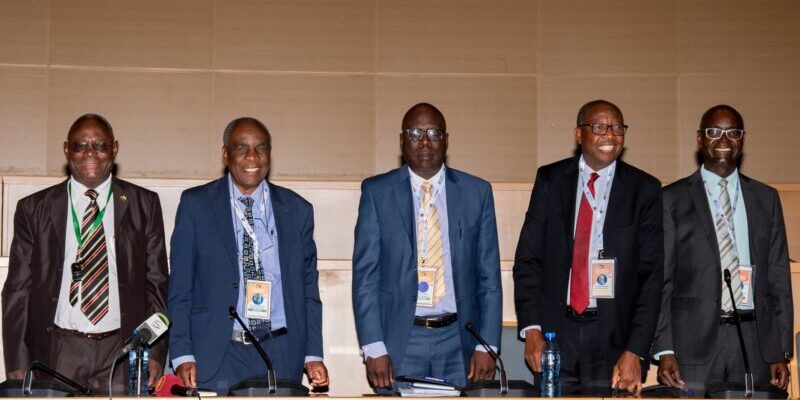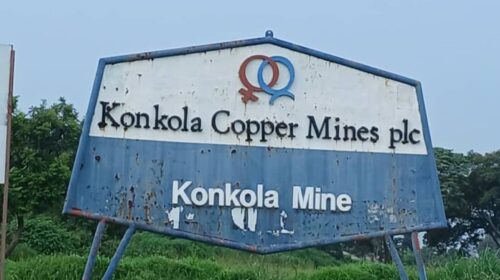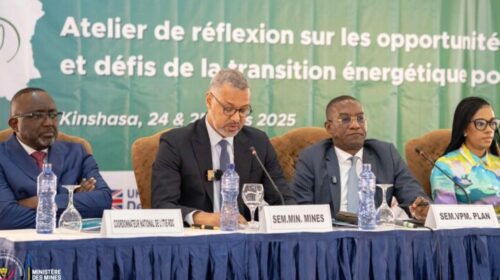Anglo American Highlights the Vital Role of Zambian Capital Markets for Mining Sector Growth
A strong and vibrant local capital market is essential to attract foreign institutional investors to Zambia’s mining sector, said Norman Mbazima, senior Anglo American executive for the last 20 years and Chairman of Anglo American Platinum.
Speaking at the Zambian Mining and Investment Insaka last week, Mr Mbazima underscored the critical importance of creating a conducive investment climate to unlock the country’s mining potential.
Participating in a panel discussion titled “Mining Beyond Copper: What’s in it for Zambia?”, Mr Mbazima joined a group of esteemed experts to explore the past, present, and future of Zambia’s mining industry.
The panel was moderated by Professor Emmanuel Chanda, Head of the Mining Programme and Director of Teaching at the University of Adelaide, Australia.
During the discussion, Mr Mbazima outlined the historical journey of Zambia’s mining sector, tracing its roots back to the discovery of copper deposits in the 1920s.
He spoke of the challenges that followed the nationalisation period after Independence and the subsequent privatisation phase, noting both successes in social development and setbacks in production.
He emphasised the pivotal role foreign investment has played in building Zambia’s mining sector and the continued need for external capital to drive large-scale projects “A robust capital market is key to attracting foreign investors who can bring the capital required to scale up operations, without compromising national interests,” said Mr Mbazima.
He also stressed the need for consistent and predictable government policies to create an investment-friendly environment. “Investors need stability.
They are managing funds from pensioners and others who rely on long-term returns, so they need to trust that Zambia is a stable place for their money.
It can take years to develop a mine, and investors want assurance that they will see a return on their investment. Policy consistency is critical,” he noted.
Mr Mbazima also highlighted the mining sector’s significant contribution to Zambia’s economic development, crediting it with the establishment of key infrastructure like the Kariba Dam, the railway network, and the Great North Road.
He emphasised the need for economic diversification, not as a replacement for mining, but as a strategic expansion of the country’s economic base. “Mining remains fundamental, but we must also explore other sectors to grow the economic pie,” he remarked.
Dr Godwin Beene, President of the Zambia Chamber of Mines and Country Manager for First Quantum Minerals, discussed the historical and ongoing challenges facing Zambia’s mining industry.
He pointed to the volatility of global metal prices and the shifting regulatory landscape as critical issues that investors must navigate.
Dr Beene echoed the sentiment that stability and collaboration are key to long-term success.
He called for strategic partnerships between the public and private sectors, a highly skilled workforce, and responsible environmental practices to ensure the sustainable development of the mining industry.
The panel concluded by reaffirming a shared vision for Zambia’s mining future, underscoring the importance of fostering an investment climate that encourages innovation, supports sustainable practices, and delivers long-term value for all stakeholders.
Anglo American is investing significantly in exploration projects in Zambia, having recently finalised a joint venture agreement with Arc Minerals plc, giving Anglo American the right to retain up to a 70% shareholding in the joint venture company to explore Zambia’s North-Western province for copper and cobalt.
160 total views , 1 views today





